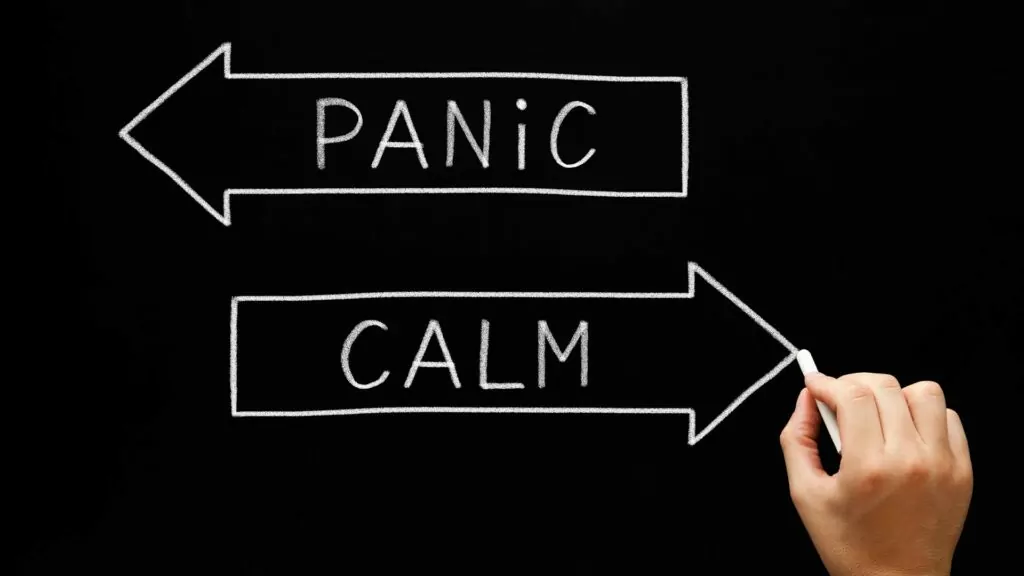An official with the International Monetary Fund (IMF) is predicting that by the end of the year Venezuelan inflation will his 1,000,000 percent. What does that even mean? It would be like that $1 dollar soda you bought with your burger increasing in cost to $10,000 by year’s end.
As recently as 2012 Venezuela was being touted by some as an example of socialist success. So what, over the space of just the last six years, has caused the sudden collapse of the Venezuelan economy?
Oil prices are certainly a factor. Venezuela’s main export is oil and world prices for a barrel of crude fell from $100 (US) in 2014 to roughly $30 in 2016 before slowly rising to around $70 today. But many other oil-producing countries have been able to ride out this oil price drop.
Another significant factor is surely the precipitous loss of economic freedom in the country. Since 1995 the Heritage Foundation has been ranking countries on their Index of Economic Freedom. The higher the score, the more individuals “are free to work, produce, consume, and invest in any way they please.” In 1995 Venezuela scored a 59.8, which gave them a “mostly unfree” rating but that was, at least, a couple points better than the world average.
However, since then the Venezuelan government has taken over large parts of the economy by nationalizing everything from oil projects to glass manufacturing. The Heritage Foundation ranks countries who score under 50 as being “repressed” and Venezuela now comes in at just 25.2.
(By way of comparison, the United States, Canada, and Australia score 75.7, 77.7, and 80.9, respectively.)
The Index of Economic Freedom highlights many practical reasons why a loss of economic freedom leads to a loss of economic prosperity. If a business owner has to bribe officials to get his permits, or can’t hire new workers because high taxes don’t leave him money to pay for them, or he isn’t sure whether he’ll even own his business next year for fear the government might nationalize it, we can understand that this type of business environment is going to stifle initiative and innovation. Why start or expand a business – investing your sweat and yours savings – when the government is going to take most of the earnings via high taxes, or might take it from you completely via nationalization?
But the practical argument against socialism is only the outworking of the theological argument. As Nancy Pearcey has noted, “biblical principles are not only true, but also work better in the grit and grime of the real world” and reverse is true too: what conflicts with biblical principles isn’t going to work for long in that grit and grime. While socialism might seem admirable at first blush, as John Piper explains, it isn’t biblical:
“Socialism borrows the compassionate aims of Christianity in meeting people’s needs while rejecting the Christian expectation that this compassion not be coerced or forced. ….[A]ll of the Bible, the Old Testament and the New Testament, assumes both the legitimacy — and, I think, the necessity — of personal ownership. ‘Thou shalt not steal’ makes no sense where no one has a right to keep what is his.”
Venezuela is just the latest example of how socialism fails everywhere it is tried. Will the world ever learn?












